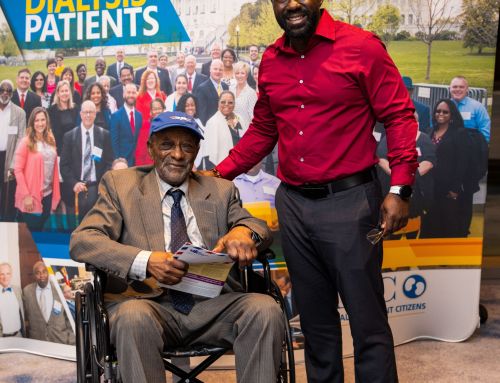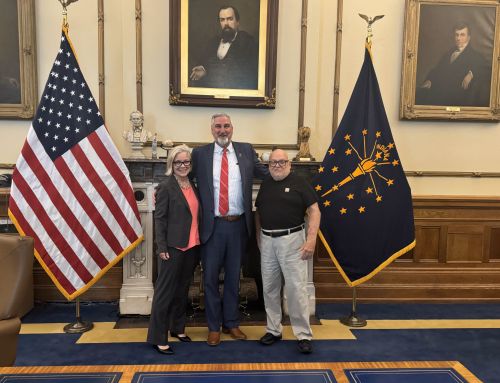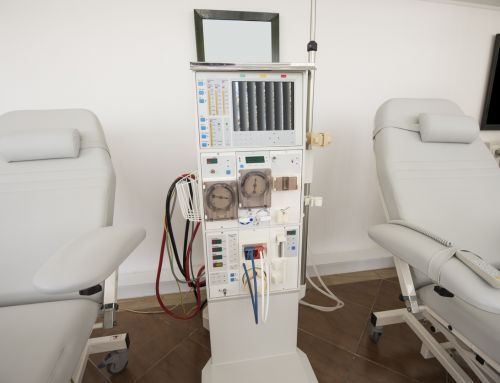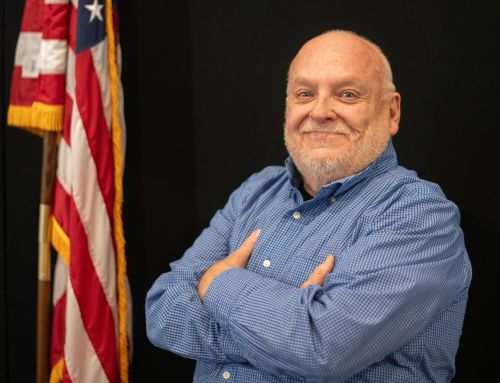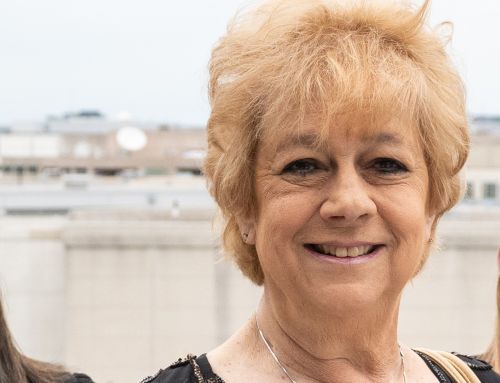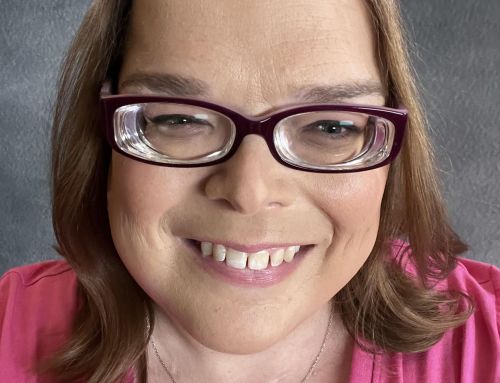Oct. 10, 2018 marked the start of an incredibly difficult period for my family. That was the day my husband Steve left our home in North Platte to move to North Dakota – more than 10 hours away – just so we could pay for the medical care I needed to fight multiple sclerosis.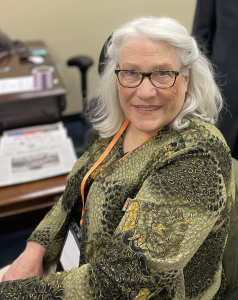
I was diagnosed with MS more than 20 years ago while working as a registered nurse. Its progression caused changes in my employment – from a clinic nurse and public health nurse to a sedentary position reviewing Medicare files.
The disease’s progression eventually forced me to stop working altogether. My job provided our health insurance coverage, which ended upon my inability to work. Going on Medicare was not enough either, because it only covered 80% of my treatment costs, while the rest fell on us. And because I was under 65 when my MS forced me to stop working, we could not purchase a supplementary Medigap plan that would make up the remaining costs.
This put us at enormous risk. If I had to be admitted to the hospital for any reason during a 60-day benefit period – potentially as many as six times per year – we would have received a $1,600 bill for the first night of each hospital stay.
Steve and I decided we simply could not risk draining our retirement savings in the hope I would not get sick, so we decided together that Steve would close his law practice and look for a new job that would provide health insurance to cover the portion of my care that Medicare did not. My inability to purchase a Medigap plan is what eventually forced us to live apart for a year and a half while he worked in Fargo, North Dakota.
Weekend trips home were not feasible for Steve, so we had to rely on daily phone check-ins instead. I also had to count on the help of friends and family for countless tasks that MS prevented me from doing. I could not even change a light bulb because falling was too great a risk, and we had to hire help for yard work and snow removal. When Steve’s job in Fargo ended, we paid for COBRA coverage until I turned 65 and finally qualified for Medigap coverage.
This problem is not limited to MS patients. People with Amyotrophic Lateral Sclerosis and End Stage Renal Disease also face a similar predicament. The effect this problem has for kidney patients hits especially close to home, as both of my brothers had kidney disease and transplants before they passed.








